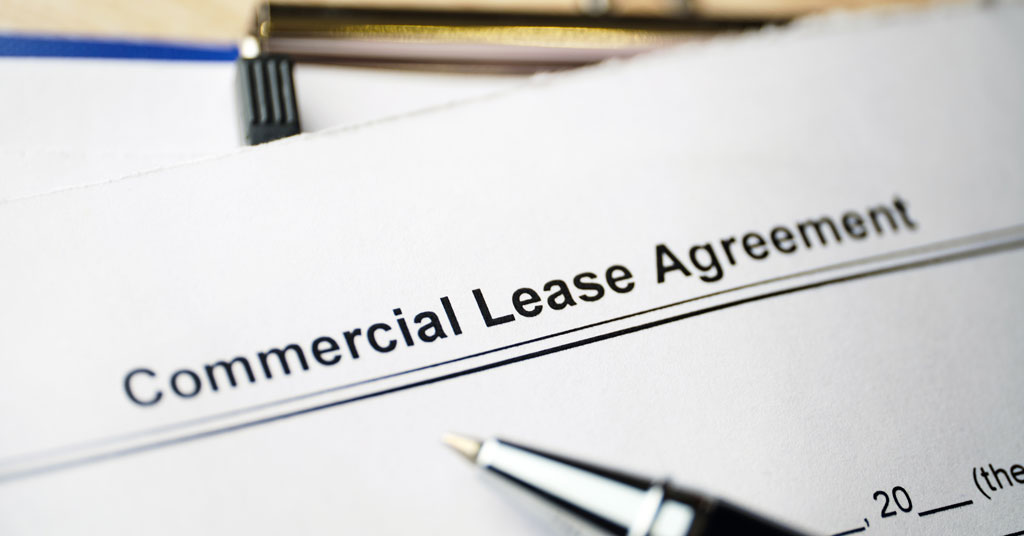
Real estate is often an unnecessary pain point for both franchisors and franchisees, which is why leveraging the knowledge and support of trusted experts in the field can be essential to achieving the most attractive lease terms.
Location, location, location. Real estate has always played a massively important – and sometimes difficult – role in the franchising process. Now, as interest in franchising skyrockets following the uncertainty created by the Covid-19 pandemic, and competition within the commercial real estate market booms from pent-up demand and a lack of inventory, it has never been more essential for franchisors to master the complex real estate process and ensure franchisees can secure attractive lease terms. That is why connecting with a trusted real estate partner can be essential in helping franchisors avoid any unnecessary mistakes along the way.
To start, the two biggest factors to consider in a lease negotiation are the rent requirements and the tenant improvement allowance (the amount of money the landlord will contribute to turn their building into the designated concept). These two items can have a “seesaw” effect: as one goes down, the other is bound to come up. Make sure the broker you work with asks about which is most important to you (the client) and pushes that agenda the most with landlord. Saving cash up front for the building improvements, as well as a lower rent, will set the tenant up for long-term success!
Another important factor is properly negotiating the “free rent period.” Both franchisors and franchisees must ensure that they are giving themselves enough time between the lease signing and rent payments commencing. All of the due diligence – inspections, zoning confirmation, architect drawing, building permit, and civil engineer – can take several months depending on the scope of the project, so franchisors must ensure they aren’t paying rent before they start collecting revenue.
During negotiations, franchisors and franchisees also commonly overlook their ability to add lease renewal terms to the contract. This doesn’t cost the tenant anything and gives them peace of mind knowing that after they spend the time and energy creating a successful business, they won’t be kicked out of the space at the end of the original term.
Several potential red flags may arise during lease negotiations. For example, maintenance responsibilities – specifically that of the structural integrity of the building – should always fall on the landlord. A franchisor of a brand once told me about how their leased space was flooded by a plumbing issue under the building’s slab. Not only did the business lose income while forced to close for repairs, the lease dictated that the tenant would be responsible for the cost – even though the plumbing was installed before the tenant took over this space. These are the kind of nightmare scenarios that can easily be avoided with the right lease terms.
Remember that negotiating a lease is like playing a professional hand of poker – the faster a potential tenant tries to rush through it, the more the landlord is going to feel that desperation and hold firm to their terms. The best deals usually take three rounds of negotiations, which typically include 30 days of negotiations between brokers and agents and then an additional 30 days finalizing the lease contract language between attorneys.
For both franchisors and franchisees, the entire real estate process can be overwhelming, especially the lease negotiations. Our best advice for franchisors is to find a third party that can provide a turnkey real estate solution to help them with site selection for their franchisees, handle all the communication with brokers, and, last but not least, negotiate leases. This will allow both franchisors and franchisees to focus on their most important task of day-to-day operations and growth, feeling confident they are well-equipped to secure the type of attractive lease terms that will position their brand for greater success in the future.
Drew McWilliams is the founder of Franchise Realty Partners and a commercial real estate broker in the Carolinas with more than 20 years of real estate experience. He and his wife also own a children’s preschool franchise, Ivybrook Academy, which has 52 locations open or under development.